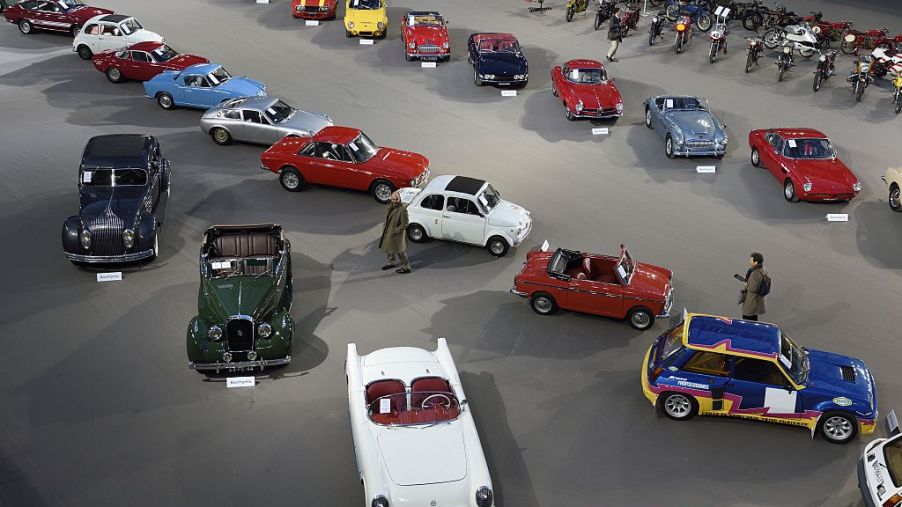
Should You Buy a Car at an Auction?
Car auctions are a great place to see some of the most impressive cars in the world up close and personal. Even more exciting is the chance to be able to own one of these cars for yourself.
It’s a great opportunity for collectors to snag older cars with a lot of mileage but in otherwise pristine condition. Bidding at an auction can help you avoid the headaches of dealer markups or difficult sellers. However, it also requires good judgment and a cool head under pressure.
A car auction can be the best place to get the car of your dreams, as long as you know what to expect.
Types of car auctions
There are two types of physical car auctions: public and government auctions.
Public auctions are usually full of cars that failed to sell at wholesale dealer auctions. Although it may have been fixed up enough to look presentable on the auction block, these cars may be in need of interior or exterior repair.
Since you can’t drive a vehicle before bidding, there’s no way to know the extent of the damages just from a glance. This doesn’t mean that all cars at public auctions are heaps of junk, but it’s becoming harder to find good ones. A good rule of thumb is not to go to public auctions if you aren’t prepared to pay for repairs or devote the time to tuning up the vehicle yourself.
Government auctions are a great place to find service vehicles like police cruisers or military trucks. The competition is usually a little steeper than public auctions. This is due to seasoned brokers and government employees who know how to spot the best deals.
The upside of government auctions is that you usually know exactly what you’re bidding on. While you can’t test drive the cars, its mileage and maintenance history is well-documented by the previous owners.
Once you decide which auction you’re going to attend, keep these tips in mind so that you can shop smartly.
Read the auction catalog
Go over the auction catalog carefully, which will contain the vehicle’s complete history and ownership trail. Studying this catalog beforehand also gives you the opportunity to check online resources like Kelly Blue Book to decide how high you should bid. Always have a number in mind for the maximum amount you’re willing to bid on a car before the auction starts.
Register first
In many cases, you can’t just walk into an auction and start bidding. Register beforehand so that you don’t arrive at the auction late and miss out on the car you want. Do this by checking online for a registration form or call the company hosting the auction to figure out how to register.
Seeing isn’t always believing
Never take a car at face value, especially at public auctions. A car can be polished to the point of sparkling but still be a lemon. At a government auction, you can be a little more forgiving a minor dent here and there, but keep these defects in mind so that you don’t bid too high. Again, it all comes down to how much you are willing to put into the car.
Be realistic
Getting a steal at an auction means nothing if you bring the car home and start racking up repair bills. If you don’t have the money or the tools to deal with mechanical problems, you may want to think twice about placing that bid. If you aren’t confident in your ability to assess the needs of a car at a glance, consider bringing a trusted friend with you to help.
Take note of the VIN
Always check the VIN on the base of the windshield and compare it to the vehicle’s door or trunk lift stickers. If the numbers don’t match, there’s a good possibility that the car may have been involved in an accident. This is great information to have going into the auction. Vehicles that were in an accident are usually best avoided.
Don’t get carried away
In the heat of the moment, it’s easy to drop a few extra hundred dollars on a car you’ve been eyeing for years. It’s best to set a maximum limit for yourself beforehand. Remember the car’s monetary (not emotional!) value and know when to walk away. Some of the best deals at an auction are the deals you didn’t do.



